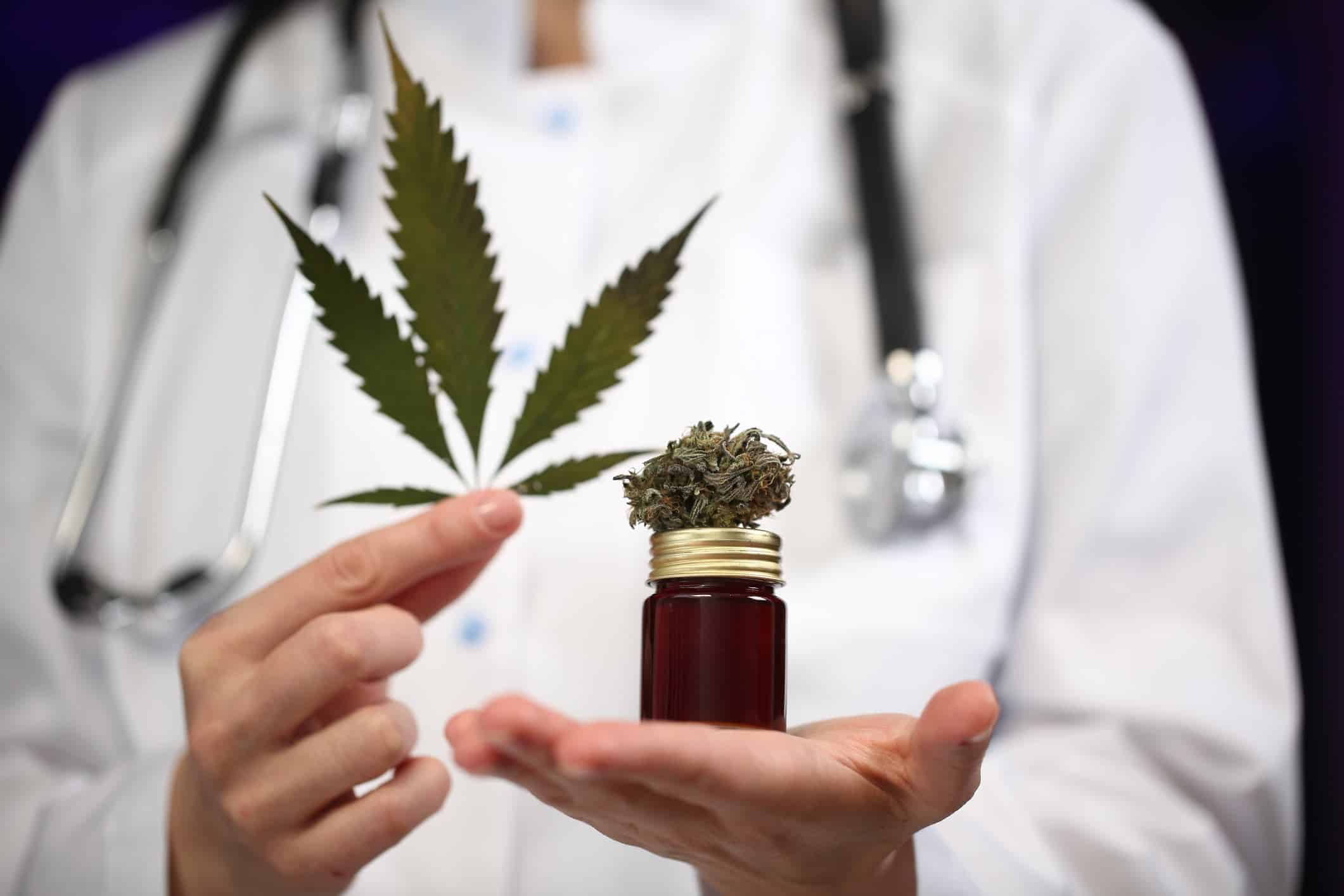A few years ago, some of the most prevalent news stories regarding medical marijuana were focusing on the question: Why are doctors still unwilling to prescribe medical marijuana, even though it’s legal in my area? Well, the tables have turned, and a higher percentage of medical professionals are changing their ways in 2020 and beyond.
There are still many physicians who are not yet on board with handing out prescriptions for marijuana, but there has been a major shift in the overall attitudes relating to medical weed. The main reason for this is fairly obvious – medical cannabis shows promise when it comes to treating a variety of physical and mental conditions.
But is this the only reason, or is there more to it than just that?

Legalization Is Taking Its Toll
It’s no surprise that the legalization of marijuana has an effect on the attitudes surrounding it. When a government passes legislation stating that marijuana is legal to a certain extent for either medical or recreational purposes, people start to look at it with an entirely new view – even those who never showed support before it before.
This is especially true for medical professionals. Although there are still some negative stigmas surrounding cannabis, members of the medical industries are starting to see past these stigmas – and legalization has played a role in this. Take cannabis legalization in Canada as an example.
It wasn’t just the stoners who were happy to see the Cannabis Act passed in October of 2018. It was also people who had always wanted to try cannabis but feared breaking the law. And even beyond that, Canadians who showed no interest in trying marijuana in the past have admitted to giving it a try once or twice since legalization.
It’s a Younger Generation of Medical Professionals
As the younger generation starts to make their way into different medical fields, overall views begin to shift. Older, more conservative doctors are starting to retire, and younger, more liberal medical students are graduating and taking over.
It may be stereotypical to say that young docs are all onboard with weed, but the fact of the matter is that a higher percentage of the younger generation – doctors included – hold more liberal and less conservative views regarding marijuana use, especially for medical purposes.

A recent news report shows that there’s actually joint support among liberals and conservatives when it comes to legalizing weed. It’s not often that these two parties agree on something, so this is a fairly big deal. Here’s a quick excerpt from The Guardian report:
“Two-thirds of the country favor recreational legalization and polls consistently show support for medical use well above 80%. In 1996 when California became the first state to allow medical use, roughly one in four Americans wanted to legalize the drug.”
As you can see, the support has increased drastically since the 90s, and it just continues to get stronger. This is true for all aspects of marijuana, but especially the medical field. And we all know that as more patients become supportive of medical-grade weed, the doctors will follow suit.
CBD is an active compound derived from the hemp plant, a variety of the cannabis plant that marijuana comes from. Anxiety Disorders that CBD may help treat, learn more about the potential benefits of CBD oil for anxiety, and whether it could be a treatment option for you: Best CBD Oil
Doctors See the Importance of Easy Access for Patients
In Canada, the number of medical professionals who are prescribing medical marijuana for ACMPR licenses has skyrocketed, allowing patients to grow their own bud from home. A huge reason for this is that doctors and NPs are starting to see the positive effects of weed for patients, particularly people suffering from pain, cancer, and anxiety.
Another reason is that healthcare professionals are beginning to see the value of growing medical cannabis plants from home. Since the demand for cannabis is countries like Canada and the US is so high (no pun intended), dispensaries can’t keep up, and they experience product shortages more often than not.

This isn’t a major deal for recreational smokers, but it is for medical marijuana patients who use cannabis on the reg to treat a condition. When patients are allowed to grow from home, this is no longer an issue, so it makes complete sense that doctors are advocating for this.
There are plenty of resources out there, like Medical Marijuana, that offer a better explanation of why so many doctors are advocating for growing at home with ACMPR and other types of medical grow licenses.
The Research Is More Conclusive Than In the Past
It seems as if every day there’s a new piece of information released regarding medical marijuana and its effects. The first research conducted decades ago placed a huge emphasis on cannabis for pain treatment, but now, it’s so much more than that.
Studies are focusing on everything from cannabis for pain to using marijuana to prevent Alzheimer’s Disease. It’s even suggested that cannabis can reverse cancer, not just help to alleviate the symptoms. The research on this is still not deemed conclusive, but data collected so far suggests that cannabis might be able to stop (even reverse) growth of cancerous tumors.
Whether a patient is seeking out a marijuana prescription for anxiety, depression, ADHD, cancer, pain, epilepsy, or something else, the significant amount of research available is swaying more doctors towards supporting cannabis.














Cannabis has a lot of benefits and potential, so why not prescribe it.